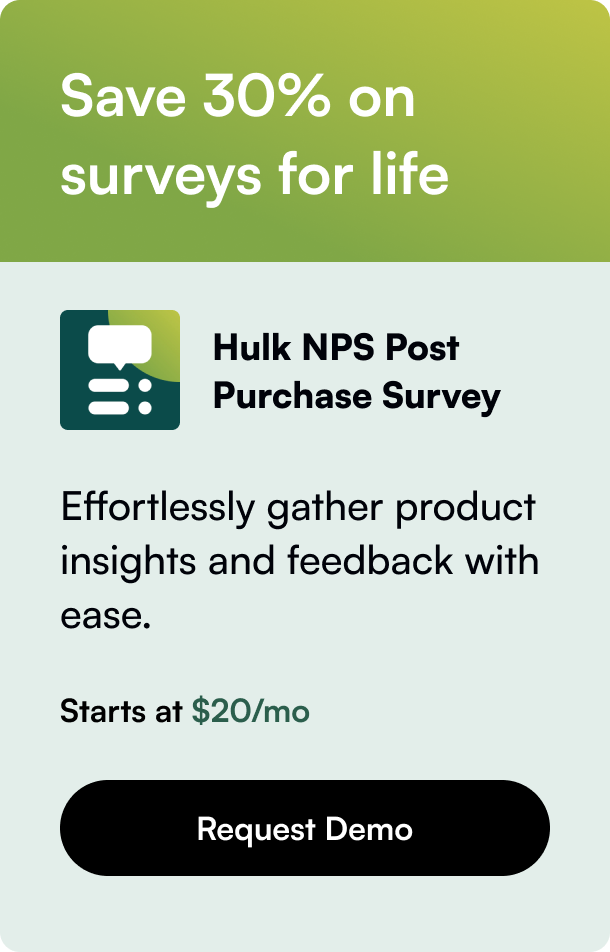Table of Contents
- Introduction
- What is Trovata's Multibank Connector?
- Advantages of Trovata's Embedded Banking Solution
- Implementing Trovata’s Solution
- Broader Implications for Corporate Banking
- Conclusion
- FAQ
Introduction
Imagine a world where managing corporate bank accounts is as easy as integrating an API into your existing system. This concept is no longer a distant dream but a reality, thanks to Trovata's recently introduced embedded banking solution. In a digital age where efficiency and real-time data drive business decisions, the financial sector can no longer afford to rely on outdated file formats and legacy systems from the 1980s. This blog delves into how Trovata is rewriting the rules of corporate banking, making it faster, smarter, and more efficient.
In 2018, Trovata began helping mid-market and enterprise customers manage their cash and liquidity. With their new Multibank Connector, they have opened the doors for banks, enterprise resource planning (ERP) systems, treasury management systems (TMS), and other financial software providers to harness the power of their robust APIs. What does this mean for the future of corporate banking? Let’s explore.
What is Trovata's Multibank Connector?
Understanding APIs in Corporate Banking
Application Programming Interfaces (APIs) have become the backbone of modern digital transformation. Unlike the archaic sFTP services with file formats from the past decade, APIs offer a dynamic and flexible means of data exchange. APIs facilitate seamless integration, enabling systems to communicate and share information in real-time efficiently. For corporate treasury functions, leveraging APIs is a game-changer, replacing cumbersome batch processing with responsive, automated solutions.
The Multibank Connector
Trovata's Multibank Connector is an extensive library of direct-to-bank APIs. It facilitates financial services globally, functioning as a low-code, embeddable, and self-service experience. Here's what makes it noteworthy:
- Client Onboarding and Consent: Simplifies the often exhaustive process of onboarding clients and handling their consent.
- Data Quality and Security: Ensures that the data is accurate, complete, and secure, covering billions of transactions in milliseconds.
- Real-Time Transactions: Enables commercial and corporate banking clients to access account balances, transactions, and move money instantly.
Advantages of Trovata's Embedded Banking Solution
Real-Time Data and Connectivity
The cornerstone of Trovata's offering is its ability to deliver real-time data and connectivity, which transforms how banks and their clients operate. With instantaneous access to account information and transactions, treasurers can manage risks more effectively, controllers can automate reconciliation processes, and CFOs can improve capital efficiency by utilizing AI-driven insights.
Enhancing Financial Workflows
Trovata’s partnership with major players like Truist Bank and J.P. Morgan underscores the impact of this technology. By integrating Trovata's platform, these banks can offer their clients enhanced cash forecasting and liquidity management capabilities:
- Truist Bank Collaboration: Enables clients to modernize cash positioning and forecasting workflows through data-driven automation. Clients benefit from improved accuracy and time savings.
- J.P. Morgan Collaboration: Offers real-time data, connectivity, and onboarding across multiple banks through a single API, providing better visibility, insights, and control over cash and liquidity in enterprise accounts.
Implementing Trovata’s Solution
Low-Code and Embeddable
One of the significant selling points of Trovata’s Multibank Connector is its low-code, embeddable nature. This means even organizations with limited technical resources can implement the solution without a massive overhaul of their existing systems. The user-friendly design reduces the time and cost associated with implementation and maintenance.
Self-Service
The platform is also self-service, allowing users to tailor it to their specific needs without constant vendor involvement. This level of autonomy is crucial for businesses that require flexibility and quick adjustments to stay competitive in a rapidly changing market.
Broader Implications for Corporate Banking
Increased Automation and Efficiency
By embracing Trovata’s APIs, corporate banking is moving towards a future where processes are highly automated and efficient. Manual interventions are minimized, reducing errors and freeing up human resources for more strategic tasks.
Enhanced Security
The platform's design includes stringent security measures to ensure the integrity and confidentiality of financial data. This aspect is particularly crucial as cyber threats become increasingly sophisticated.
Deeper Insights and Analytics
APIs that provide rich metadata enable deeper intelligence and automation. AI tools can process this data to identify trends, forecast financial health, and create strategic plans. Essentially, banks and companies transition from being reactive to proactive, using data as a central tool in financial decision-making.
Improved Client Relationships
By offering seamless, real-time services, banks can significantly improve their relationships with corporate clients. The improved efficiency and transparency build trust and satisfaction, leading to longer-lasting client relationships.
Conclusion
Trovata’s embedded banking solution marks a transformative shift in the landscape of corporate banking. By leveraging APIs, Trovata provides a robust platform for real-time data, enhanced connectivity, and streamlined financial operations. Their partnerships with prominent banks like Truist and J.P. Morgan highlight the tangible benefits and real-world applications of this innovative technology.
As corporate banking continues to evolve, solutions like Trovata's Multibank Connector will become indispensable tools for organizations striving for efficiency, accuracy, and agility in their financial operations. This technological advancement not only enhances the way treasury functions are performed but also sets a new standard for the entire banking ecosystem.
FAQ
What is an API, and why is it important in corporate banking?
APIs, or Application Programming Interfaces, allow different systems and software to communicate and share data in real time, leading to more dynamic and efficient financial operations. In corporate banking, APIs replace outdated systems, enhancing real-time data access and improving overall efficiency.
How does Trovata's Multibank Connector ensure data security?
Trovata’s platform includes robust security measures to maintain data integrity and confidentiality. This ensures that financial transactions and data remain secure from cyber threats.
What are the benefits of real-time data in corporate banking?
Real-time data allows banks and their clients to access up-to-date information on account balances and transactions. This immediate access improves risk management, automates reconciliation processes, and optimizes capital efficiency.
How do Trovata’s partnerships with Truist Bank and J.P. Morgan benefit their clients?
These partnerships enable Truist and J.P. Morgan to offer enhanced cash forecasting and liquidity management. Clients gain from improved data accuracy, streamlined workflows, and better visibility and control over their finances.
What makes Trovata’s solution unique compared to traditional systems?
Trovata’s solution stands out due to its low-code, embeddable, and self-service capabilities, enabling faster and more cost-effective implementation. The platform's real-time data access and integration capabilities significantly enhance financial operations compared to traditional, outdated systems.







